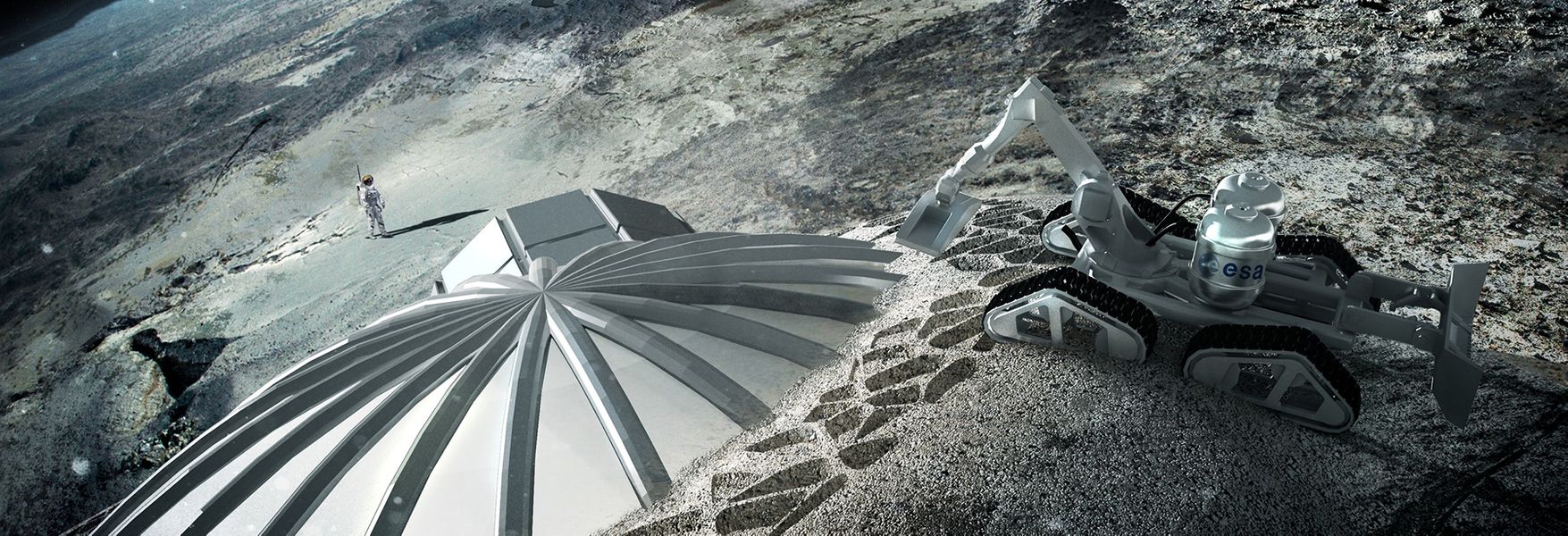Thanks for the links but Venus isn't the Earth. Actual scientist Carl Sagan posited a similar terraforming option 60 years ago. You may be right but I think you are underestimating the power of genetic engineering. Certainly neither of us will live to see which of us is correct.
In other words, to hell with things like facts and actual science. You prefer to believe in your magic bacteria that can transform an entire planet in a century with no water.

Also, what little of that article is available for free says nothing of the kind. So that is a complete and utter fail, you are simply making up what you want to believe and the article supports none of your claim.
In fact, his full hypothesis was made in 1961, and rendered invalid upon the discovery of how prevalent sulfuric acid was in the environment.
So you are taking a hypothesis over 60 years old, that was busted over 50 years ago.
Last edited:







